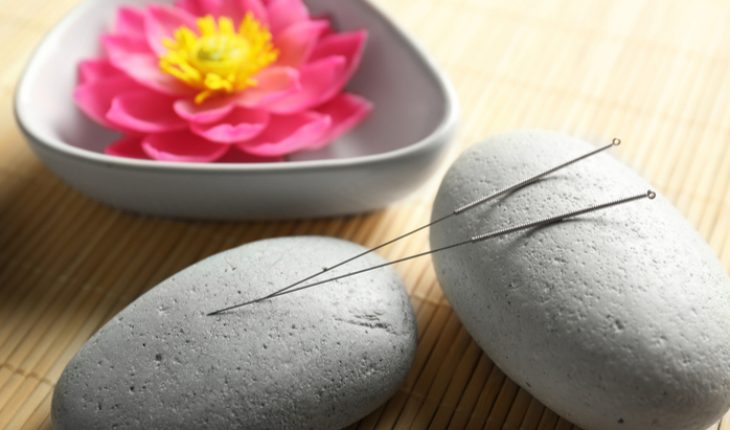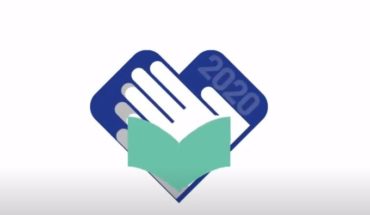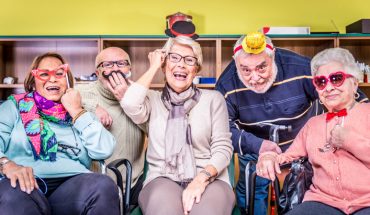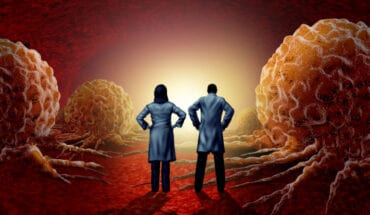Up to 70 per cent of patients with advanced stage cancer suffer from pain for which they receive inadequate pain relief. This can lead to impaired physical and psychological well-being, resulting in a poorer quality of life (van den Beuken-vanEverdingen et al, 2007). Many practitioners consider acupuncture to be a viable way to combat this pain, particularly in the palliative care setting where there might be limited treatment options (Lian et al, 2014). In addition to pain, cancer patients commonly experience other unpleasant symptoms related to the cancer or its treatment, such as hot flushes, nausea, fatigue, vomiting and dry mouth.
In addition to pain, cancer patients commonly experience other unpleasant symptoms related to the cancer or its treatment, such as hot flushes, nausea, fatigue, vomiting and dry mouth.
The treatment and relief of cancer-related symptoms still represents a challenge to healthcare professionals. Acupuncture is advantageous because it is safe and free of the many unpleasant side-effects resulting from (chemical) medication.
In 2004, NICE published guidance on improving supportive and palliative care for adults with cancer which recognised that a large proportion of patients with cancer used complementary therapies, including acupuncture, to manage distress, anxiety, pain and nausea associated with their condition (National Institute for Health and Care Excellence, 2004). NICE guidance noted that there is evidence to support the use of acupuncture to alleviate pain and chemotherapy-related nausea and vomiting.
A summary of the evidence for the use of acupuncture to treat some of the major cancer-related symptoms is presented below:
Pain: Hu et al. (2016) conducted a large systematic review and found that acupuncture combined with conventional drug therapy was more effective at relieving cancer-related pain than drug therapy on its own (although acupuncture on its own was not superior to drug therapy). Also, in 2017 another systematic review concluded that acupuncture can be effective as part of a multimodal approach for reducing cancer-related pain, even though there were limitations in the studies analysed (Chiu et al, 2017). At present, evidence from clinical research is promising but not definitive because there are too few high-quality studies. Systematic reviews, including a recently updated Cochrane Review, investigating the efficacy of acupuncture for cancer pain are largely inconclusive due to the quality of the evidence(Paley et al, 2015).
Nausea and vomiting: In 2006 Ezzo et al reviewed various Cochrane Reviews on the use of acupuncture point P6 for nausea and vomiting with a variety of causes and found promising results (Ezzo et al, 2006). Wu, et al (2015) also reviewed 23 systematic reviews and found that there is evidence for the therapeutic effects of acupuncture for the management of cancer-related fatigue, chemotherapy–induced nausea and vomiting. Generally, there is some very promising evidence from studies looking at acupuncture for nausea and it should therefore be considered as one of the treatment options.
Generally, there is some very promising evidence from studies looking at acupuncture for nausea and it should therefore be considered as one of the treatment options.
The point P6 has been particularly recommended.
Vasomotor symptoms: There are some small studies which show that acupuncture is effective for hot flushes and there is clinical audit evidence to support it (Filshie et al, 2005), but a systematic review by Lee et al (2009) and a review of reviews by Towler et al (2013) were inconclusive. A Cochrane review on acupuncture for menopausal hot flashes was also inconclusive (Weihua and G. Qing, 2015).
Nevertheless, some patients claim to benefit and studies have shown benefit to both male and female patients using acupuncture (Harding et al, 2009 and Walker et al, 2010).
Fatigue, Anxiety and Sleep: There has been some promising research indicating that acupuncture can improve chemotherapy-related tiredness or fatigue (Ling et al, 2014).
Acupuncture is a complex treatment intervention and optimum treatment characteristics are only partially known; therefore decisions on the points used, the number of needles, the presence of ‘de qi’ and the duration and frequency of treatment are made according to individual need and often based on the experience of the practitioner (White et al, 2008). In 2000 Ezzo et al. recommended that the minimum effective dose for acupuncture when used to alleviate chronic pain should be at least one treatment session of more than 20 minutes each week (Ezzo et al, 2000).
It is clear, from the available evidence, that acupuncture is safe and may be effective in relieving unpleasant symptoms in cancer patients arising from the cancer itself or from cancer treatments. It is useful as an adjunctive treatment for pain, dry mouth and chemotherapy-related fatigue.
Acupuncture is relatively inexpensive, safe and readily accessible and there is no doubt that some patients benefit from treatment. Cancer Research UK includes a useful section on their website describing the uses of acupuncture for cancer-related symptoms, giving a review of past and current research and the findings of several systematic reviews.
With over 6,000 members, the Acupuncture Association of Chartered Physiotherapists (AACP) is the largest acupuncture organisation in the UK. All AACP members are qualified and chartered physiotherapists who have successfully completedacupuncture training at a postgraduate level. Acupuncture combined with physiotherapy is widely accepted within both the National Health Service (NHS) and private practice.
All references are on file at the AACP.
- Acupuncture for advanced cancer patients - 18th July 2017








This article ends with rather bizarre conclusions: “It is clear, from the available evidence, that acupuncture is safe and may be effective in relieving unpleasant symptoms in cancer patients arising from the cancer itself or from cancer treatments… Acupuncture is relatively inexpensive, safe and readily accessible and there is no doubt that some patients benefit from treatment.” So, “It is clear acupuncture MAY be effective…” But it may not be. And that’s the point (pun intended). There is “no doubt that some patients benefit…” But ‘some’ might mean 1:1M. Where is the plausible evidence, published in journals of repute (as… Read more »